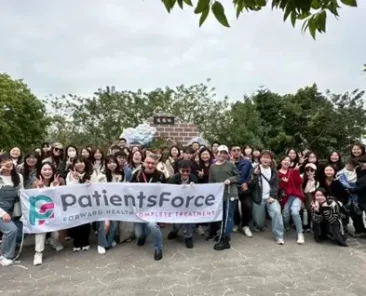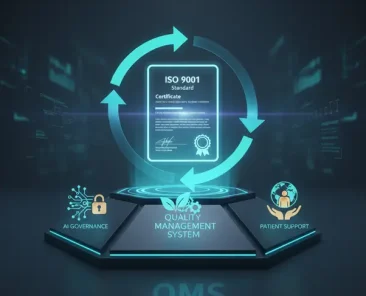Recombinant human growth hormone (r-hGH) therapy has always faced adherence challenges in the field of pediatric endocrinology. A paper recently published in Frontiers in Endocrinology, April 2025 evaluates the TUIKER® Patient Support Program (PSP) to help primary caregivers of children with r-hGH through personalized counseling programs.
PSP plan and Taiwan group trial
TUITEK® PSP combines behavior change theory (COM-B) and personalized assessment, especially focusing on the four major factors of parenting role stress, medication knowledge, treatment feelings, and self-confidence. In addition to basic interventions, Taiwan’s plan specifically incorporates aspects such as children’s emotional burden, treatment necessity, social support, and treatment-related daily burdens to conduct observational research.
Research design and Taiwanese ethnic characteristics
A total of three countries (Argentina, South Korea, and Taiwan) conducted post-test comparisons simultaneously, but only PSP planning and evaluation were conducted for high-risk caregivers. A total of 99 high-risk parents who joined the trial in Taiwan received an average of 366 days of long-term PSP service support, and the participation rate was much higher than that of other countries.
Key findings
In the analysis of all 409 caregivers, all behavioral dimensions improved significantly, and treatment cognition, medication confidence, psychological stress, and anxiety all decreased significantly, with caregivers’ medication cognition improving the most significantly.
Key results of the Taiwan group
- High emotional stress base: As many as 80.8% of caregivers in Taiwan are initially at high risk, and 75% become low risk after PSP.
- 100% improvement rate in treatment cognition: All those who are at high risk of treatment cognition and disease understanding will eventually be converted to low risk.
- Self-administerment confidence enhanced: Taiwanese parents increased by 50.8% after PSP intervention, but slightly lower than in other countries.
- Reduction in treatment-related anxiety: 73% reduction in high-risk rates.
- Taiwan’s enhanced programs also showed significant improvements, such as children’s emotional burden (84.0% improvement), treatment necessity (75.0% improvement), social support (62.5% improvement), and treatment-related burden (71.8% improvement).
Studies have confirmed that TUITEK® PSP can effectively improve Taiwanese caregiver psychological adjustment, knowledge absorption, and care confidence. Taiwanese parents suffer from the highest emotional stress, but the plan has achieved significant improvement with long-term and individualized intervention, providing a powerful strategy for continuously improving children’s treatment compliance and family care quality.
It should be emphasized that this study focuses on behavioral and psychological indicators and does not directly link clinical treatment completion rates or growth outcomes.
Paper source
This article is based on the article “The TUITEK® patient support program improved caregiver-related behaviors on growth hormone treatment adherence” published in “Frontiers in Endocrinology“, Use Gemini Pro 2.5 for professional interpretation and simplified explanations.





